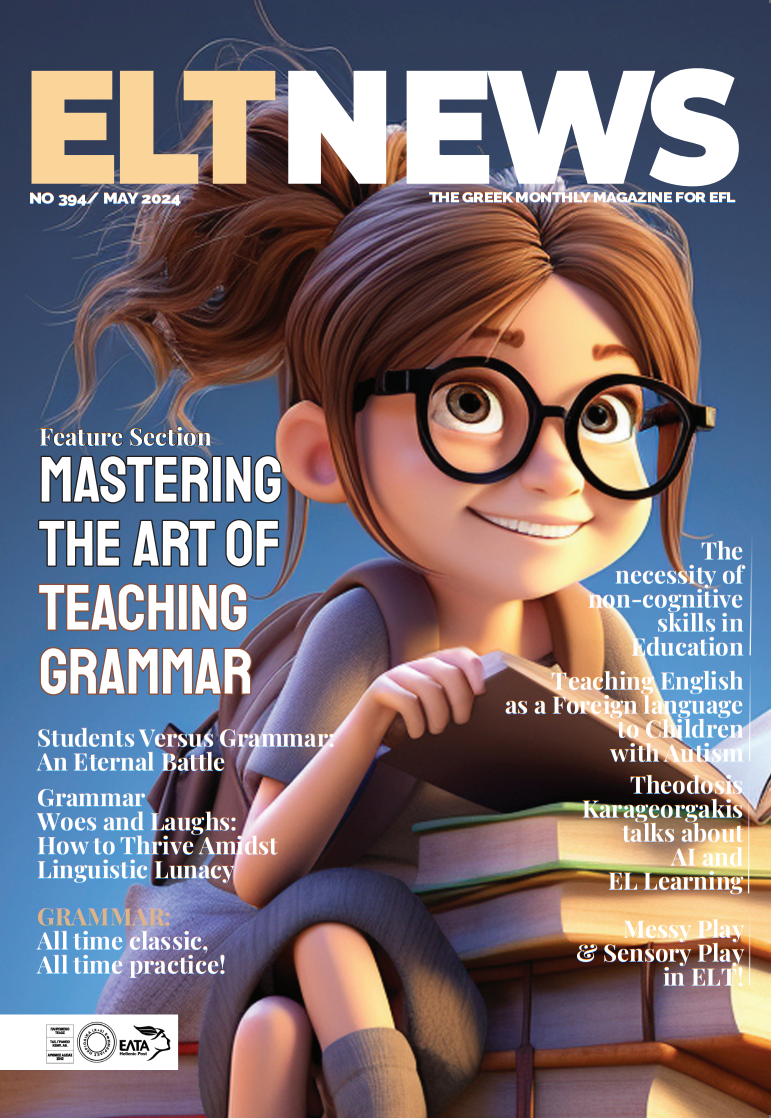The Perfectly Imperfect World of English Grammar
Ah, the English language, a delightful labyrinth of rules, exceptions, and, let's face it, utter absurdities. Among its many quirks, the present perfect and past participle stand out like mismatched socks in a laundry basket. They're like the eccentric aunt and uncle at the family reunion -everyone knows they're there, but no one quite understands what they're doing.
Let's start with the present perfect tense, shall we? It's that grammatical oddball that sits somewhere between past and present, like a linguistic limbo. Picture this: you're trying to describe an event that happened at an unspecified time in the past, but with a connection to the present. Confused? Don't worry; you're not alone.
Imagine you're at a party, and someone asks you, "Have you ever tried skydiving?" Your brain goes into overdrive. Do you answer with a simple "yes" or "no"? No, no, that would be too easy. Instead, you find yourself embarking on a journey through time and space, trying to pinpoint the exact moment when you took the plunge. "Well, I have never actually skydived, but I have thought about it countless times while procrastinating on my tax returns."
And don't even get me started on irregular verbs. They're like the rebellious teenagers of grammar, defying all attempts at logic and order. "I have eaten sushi," you declare confidently, only to be met with a chorus of raised eyebrows. "Eaten? Ate? Eaten? Who knows anymore?"
Now, let's talk about past participles -the unsung heroes of passive voice and past perfect constructions. These little gems are the chameleons of the English language, changing form to fit their surroundings. "I have been betrayed by past participles," you lament, as you struggle to remember whether it's "broken," "broke," or "brokened."
And then there are those sneaky irregular past participles that defy all attempts at memorization. "I have sung," you declare proudly talking about that one time at karaoke when you massacred 'Bohemian Rhapsody.'
But fear not, intrepid grammarians! Despite their perplexing nature, the present perfect and past participles serve a vital role in the English language. Without them, our sentences would be dull and lifeless, lacking the depth and nuance that make communication truly captivating.
So, the next time you find yourself tangled in the web of present perfect or stumbling over a stubborn past participle, take a moment to appreciate the absurdity of it all. Embrace the chaos, revel in the ambiguity, and remember that in the wonderfully imperfect world of English grammar, there's always room for laughter -and the occasional misplaced modifier.
The causative form
Ah, the causative form, the linguistic gymnastics that turns us all into puppet masters of action! Picture this: you're sitting comfortably on your grammatical throne, sipping tea, when suddenly it hits you – why do things yourself when you can make others do them for you? Enter the causative form, your linguistic genie in a bottle, granting wishes with the flick of a verb, the ultimate linguistic loophole for getting things done without lifting a finger.
Just don't blame me if your friends start avoiding your requests like the plague. After all, with great grammatical power comes great responsibility... and potentially irritated friends.
In conclusion, let us raise a toast to the present perfect and past participles, and the causative form, the unsung heroes of the English language. May they continue to confound and delight us for generations to come, reminding us that even in the most perplexing of grammatical puzzles, there's always room for humour.
Cheers!

